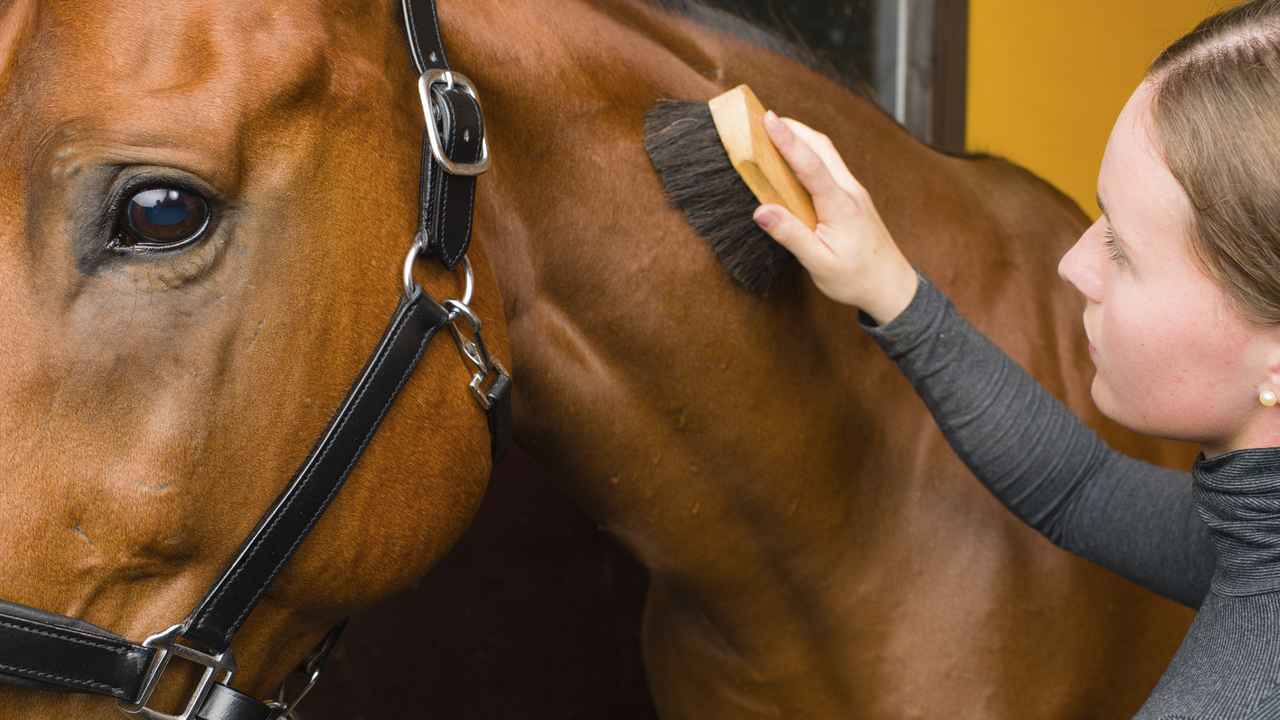Is buying and selling horses a good business?
 Jul, 25 2023
Jul, 25 2023
Understanding the Horse Business
Before delving into the specifics of buying and selling horses, it's important to understand the business as a whole. Owning a horse is not just about the purchase price; it also includes expenses such as feeding, veterinary care, and boarding. As a seller, you need to be aware of these costs to price your horses appropriately. Additionally, you should have knowledge about different horse breeds, their characteristics, and their market value. A successful horse business is not just about selling, but also building relationships with clients and other professionals in the industry.
The Art of Buying Horses
Buying horses is an art that requires knowledge and experience. You need to be able to assess a horse's physical and mental health, as well as its potential for specific activities such as racing or show jumping. Moreover, it's important to consider the horse's pedigree, as it can greatly influence its value. Knowing where to source horses is also crucial. This could be from private sellers, auctions, or directly from breeders. Furthermore, it's beneficial to build relationships with trusted veterinarians and trainers who can provide valuable advice and services.
Effective Strategies for Selling Horses
When it comes to selling horses, there are several strategies to consider. One effective method is to develop a strong online presence. This includes a professional website and active social media accounts where you can showcase your horses and interact with potential buyers. Additionally, networking at horse shows and other equestrian events can help you meet potential clients and other industry professionals. It's also important to be transparent about a horse's health and history to build trust with buyers.
The Profitability of the Horse Business
Profitability in the horse business can vary widely depending on many factors. These include the breed and quality of the horses you're selling, your buying and selling strategies, and your operational costs. While some people manage to make a substantial income, others may barely break even. However, with the right strategies and a passion for horses, it is possible to turn a decent profit in this business.
Risks and Challenges in the Horse Business
Like any business, buying and selling horses comes with its own set of risks and challenges. One major risk is the potential for financial loss if a horse gets injured or sick. Additionally, fluctuations in the market can affect the value of horses. On top of that, it can be a challenge to find reliable buyers and sellers. Despite these risks, many people find the rewards of working with horses to be well worth the challenges.
Legal Considerations in the Horse Business
There are several legal considerations to keep in mind when buying and selling horses. This includes understanding and abiding by any contracts involved in the transaction. You also need to be aware of laws and regulations related to animal welfare and transportation. Additionally, it's a good idea to have liability insurance to protect yourself in case of accidents or disputes.
Investing in Your Knowledge and Skills
One of the keys to success in the horse business is continually investing in your knowledge and skills. This could involve attending equine management courses, reading industry publications, or working with a mentor. The more you know about horses and the industry, the better equipped you'll be to make informed decisions and grow your business.
Conclusion: Is Buying and Selling Horses a Good Business?
In conclusion, buying and selling horses can certainly be a good business for the right person. It requires a love for horses, a willingness to learn, and a knack for business. While it comes with its share of risks and challenges, the rewards can be great. Not only can you make a profit, but you also get the joy of working with these magnificent creatures every day.